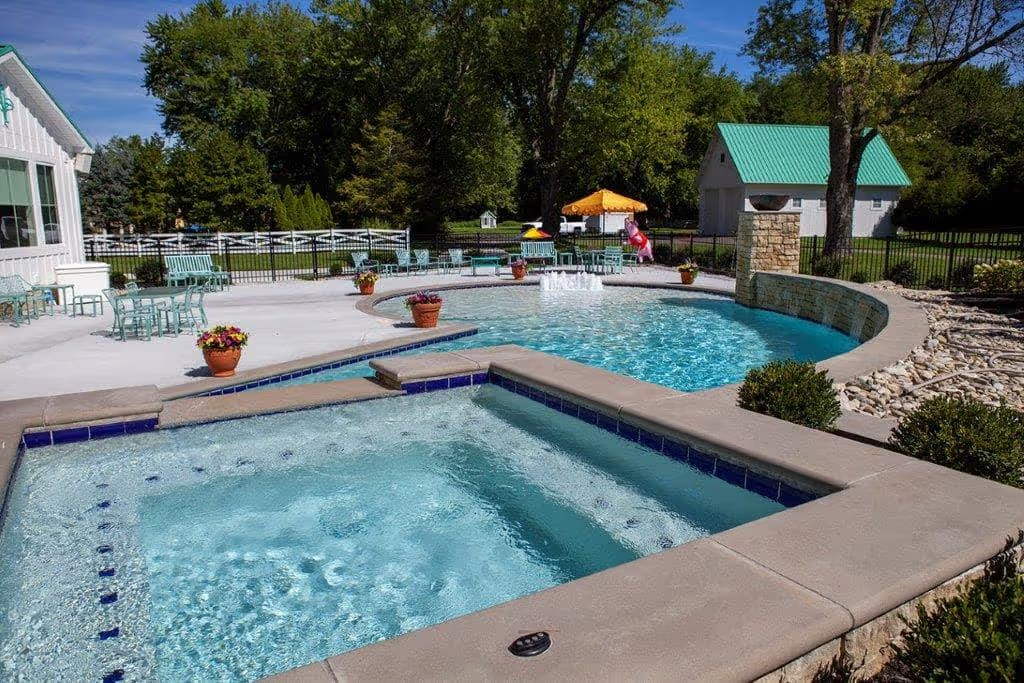- Stone Center
- Blog
Travertine vs. Pavers: Which Is Better for Your Pool Deck?
23/7/2025
7/1/2025
Travertine vs. Pavers: Which Is Better for Your Pool Deck?

When tackling a landscaping project involving remodeling a pool, the pool design quickly becomes the project's focal point. Serving as a place for friends and family to gather, as well as enjoy a range of activities, the design of your pool is essential, but what material will you choose for the pool deck?
As professionals who provide natural stone pool pavers, our team at Stone Center understands how crucial selecting the right material is for your outdoor space. While travertine offers stunning natural beauty, many homeowners wonder if it's simply about aesthetics or if there's more substance behind choosing this natural stone over concrete alternatives. Let's explore the key differences to help you make the best decision for your pool area.
What Is Travertine?
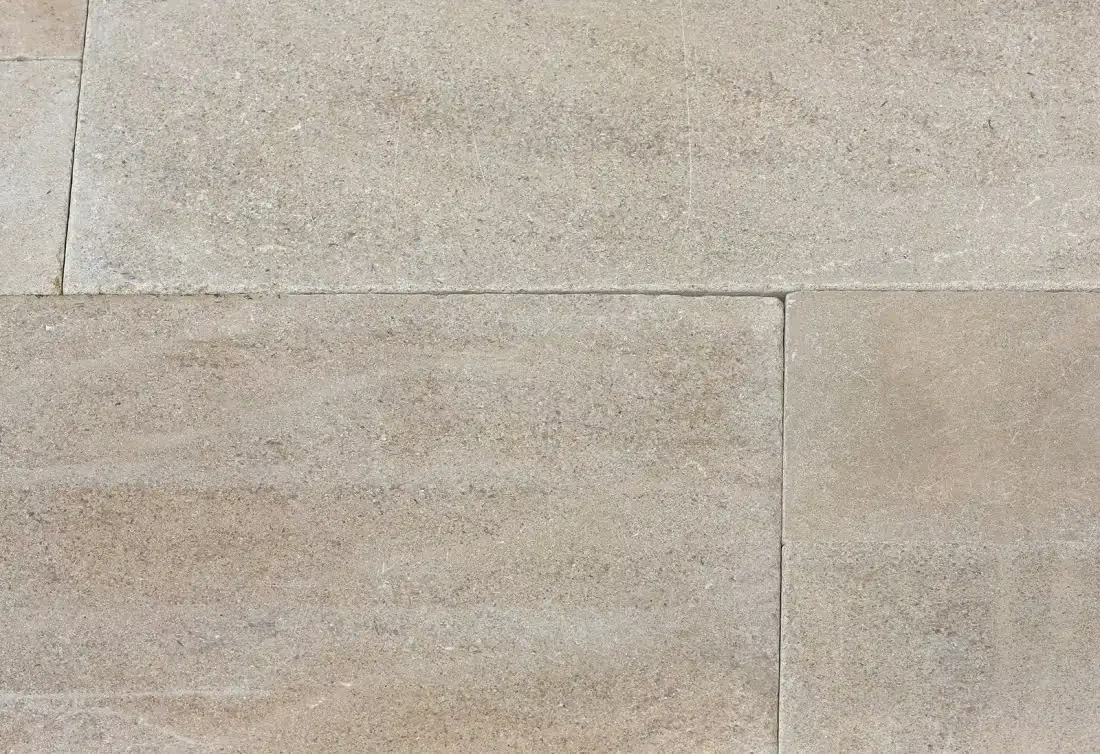
Travertine is a type of limestone formed by mineral deposits in hot springs. Understanding travertine's unique properties helps homeowners make the best decisions for their outdoor projects.
What does it mean for the pool area? This stone is known for its durability, textured surface, and cool-to-the-touch feel. However, it comes at a higher cost and requires some maintenance to preserve its beauty. Beyond decking materials, consider how your choice will complement other pool elements like swimming pool copings for a cohesive design.
Travertine Advantages
Travertine pavers offer several compelling benefits that make them popular for pool deck materials. This natural stone provides functional and aesthetic advantages that enhance property value while delivering long-term performance.
25-50 Year Lifespan with Proper Care
Travertine can serve your outdoor project for decades when properly maintained, making it a cost-effective solution. With regular sealing and occasional cleaning, these natural stone pavers can withstand heavy foot traffic and harsh weather conditions.
Natural Cooling Properties
Unlike concrete pavers, travertine stays cool even in direct sunlight. This means you can walk barefoot comfortably around your pool area. This porous nature helps dissipate heat, making it ideal for hot climates.
Superior Drainage Performance
The natural porosity of travertine allows water to drain quickly, reducing slip hazards and preventing water pooling on your pool deck. This feature makes it ideal for pool coping and areas with frequent water exposure.
Freeze-Thaw Resistance
Travertine handles extreme weather conditions better than many other stones, resisting damage from freeze-thaw cycles that can crack other materials. It’s suitable for various climates.
Environmentally Sustainable Choice
As a natural stone quarried from the earth, travertine has a lower carbon footprint compared to manufactured alternatives when sourced responsibly. Environmentally conscious homeowners appreciate its eco-friendliness.
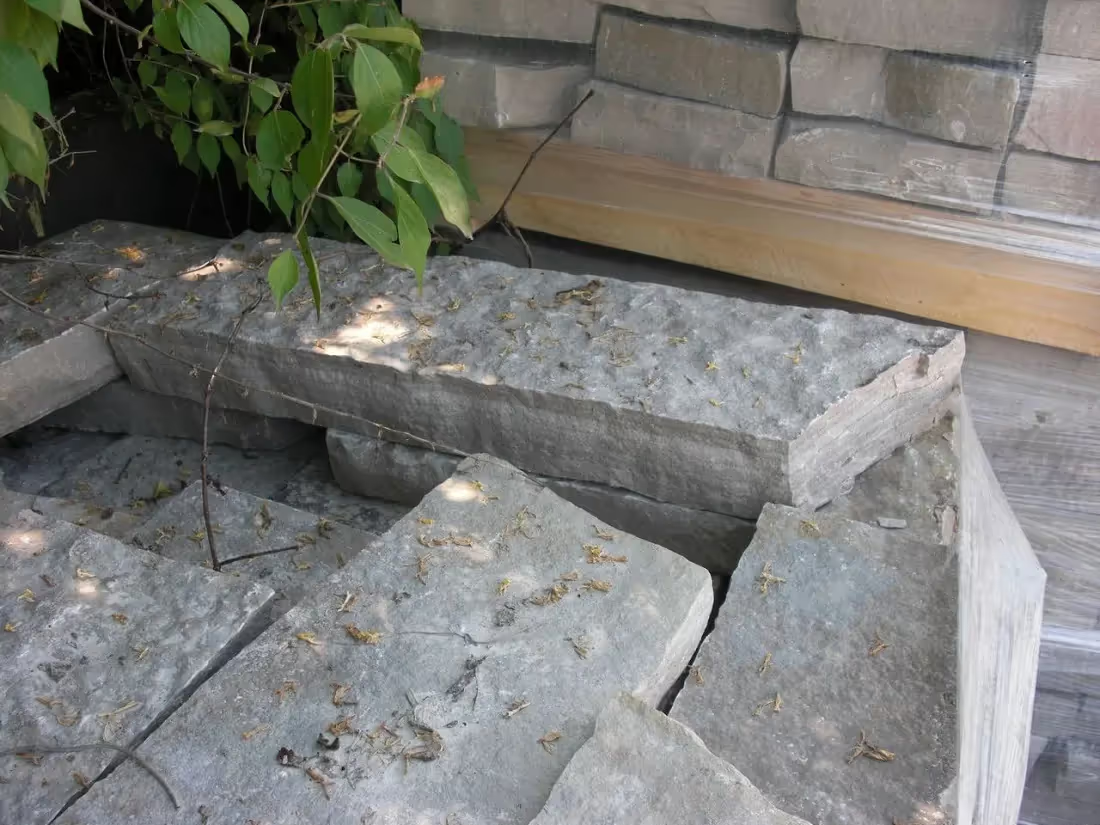
Travertine Disadvantages
While travertine offers many benefits, it's important to understand its limitations before deciding if it’s best. These considerations can impact both your budget and maintenance requirements over time.
Requires Regular Sealing Every 2-3 Years
Travertine needs periodic sealing to prevent staining and maintain its appearance, adding to long-term maintenance requirements. Without proper sealing, the stone can absorb liquids and develop permanent stains.
Higher Initial Investment
Travertine installation costs typically exceed those of concrete or brick pavers, making it a significant upfront investment. Professional installation is often recommended, which adds to the overall project cost.
Susceptible to Acid Etching
Acidic substances like citrus drinks or pool chemicals can cause surface etching on travertine, creating dull spots that may need professional restoration. This vulnerability requires careful maintenance around pool areas.
Natural Variations in Quality
As a natural stone, travertine can have inconsistencies in density and strength, with some pieces more prone to wear than others. Consider quality control during selection for long-term performance.
What Are Pool Deck Paver Options?
Pavers offer endless possibilities for creating a beautiful and functional pool deck.
Here's a look at some popular choices:
- Concrete Pavers: Incredibly versatile and budget-friendly, they come in a vast array of colors, shapes, and sizes.
- Clay Pavers: These fired terracotta tiles offer earthy warmth and a classic look.
- Natural Stone Pavers: Cut from granite, slate, or other stones, they provide timeless beauty and unmatched durability.
Now that we understand the basic paver categories, let's dive deeper into specific advantages and considerations of each. This detailed comparison will help determine which paving material best suits your pool design and maintenance preferences.
Concrete Pavers: The Versatile Choice
Concrete pavers are a pool deck favorite for good reason! They add timeless style, boost your home's value, and offer the perfect combination of affordability and easy installation. If you're looking to upgrade your pool area without breaking the bank, concrete pavers are a fantastic option.
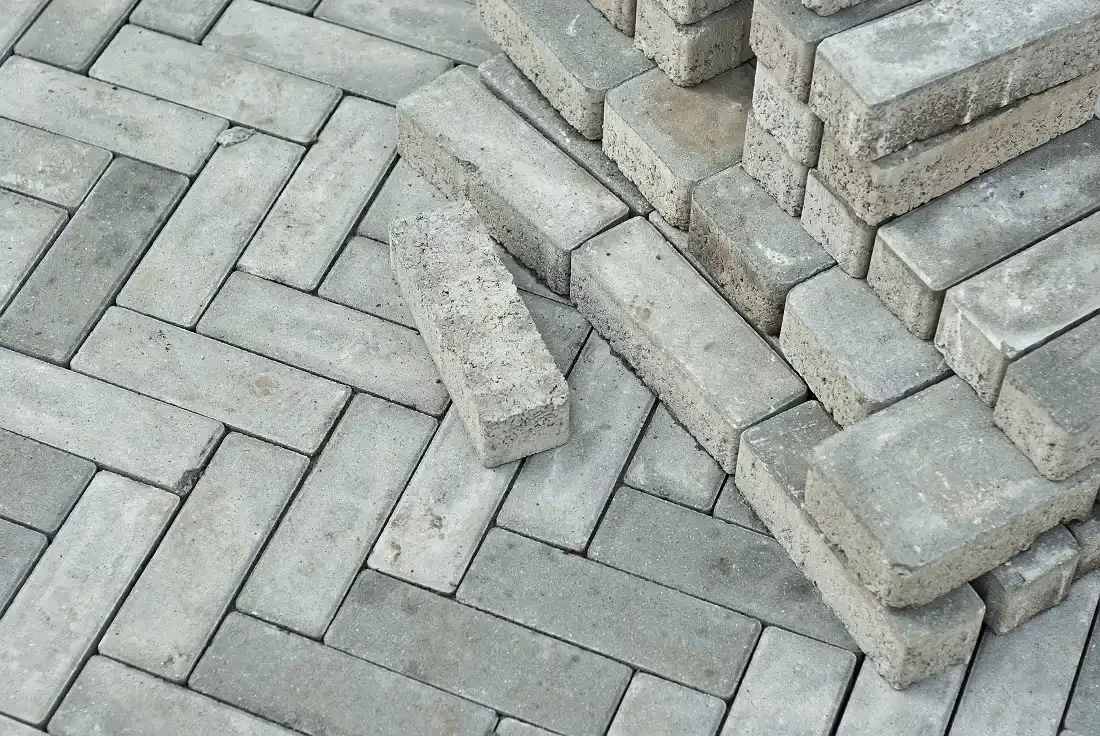
Concrete Paver Advantages
Concrete pavers deliver exceptional value through their combination of durability and design flexibility. These manufactured pavers offer homeowners numerous benefits that make them a smart choice for outdoor use.
Significant Property Value Increase
Installing concrete pavers can enhance property value by 8-12 percent, making them an investment that pays dividends. This boost in home value often exceeds the initial installation costs.
Budget-Friendly Installation
Concrete pavers offer the most cost-effective solution among paving materials, with many options ideal for DIY installation. The lower material costs make them accessible for various budget ranges.
30-50 Year Durability Rating
Concrete pavers can withstand heavy foot traffic for decades, as long as they are installed properly on a compacted base. Their engineered composition provides consistent performance across all pieces.
Unlimited Design Possibilities
Available in countless colors, patterns, and textures, concrete pavers offer complete design versatility for any pool design. Get creative and create unique patterns that complement your outdoor space perfectly.
Slip-Resistant Surface Options
Many concrete pavers feature textured surfaces that provide excellent traction when wet, ensuring safety around your pool area. This non-slip surface is crucial for pool deck safety.
Concrete Paver Disadvantages
While concrete pavers offer many advantages, they have some limitations worth considering. Understanding these drawbacks helps ensure realistic expectations for your outdoor project.
Heat Retention in Direct Sun
Concrete pavers can become uncomfortably hot in direct sunlight, potentially making barefoot walking difficult during peak summer hours. Light-colored options help mitigate this issue.
Requires Initial Sealing Process
Most concrete paver installations include sealing as part of the process to prevent staining and enhance longevity. This adds to the initial installation timeline and cost.
Periodic Cleaning Maintenance
Regular cleaning is necessary to prevent moss, algae, and staining, especially in humid climates. Pressure washing and occasional treatments keep the pavers looking their best.
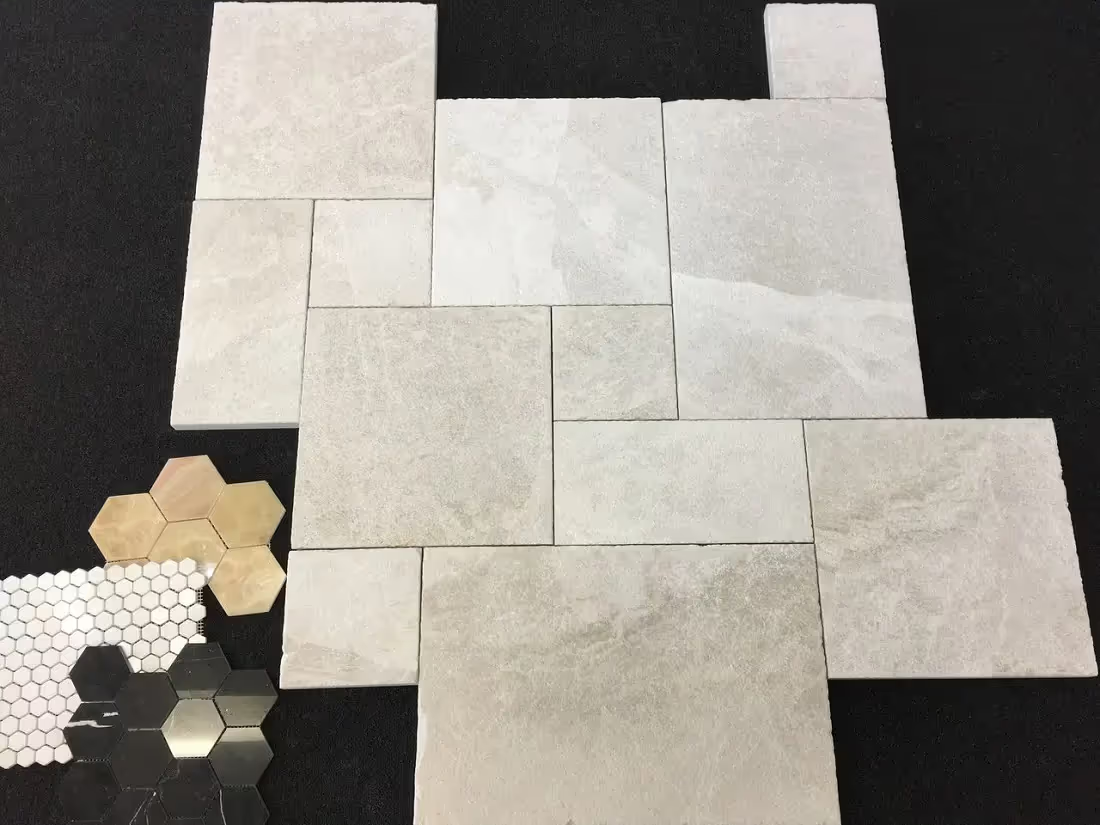
Brick Pavers
Their versatility lets you design a deck that's uniquely yours! Mix and match colors, create patterns, and choose between smooth or textured finishes for the perfect blend of style and safety.
Brick Paver Advantages
Brick pavers bring traditional charm and proven durability to pool deck applications. These clay-based pavers have been used for centuries and offer reliable performance for modern outdoor spaces.
Time-Tested 50+ Year Lifespan
Brick pavers can last over half a century with minimal upkeep, so they’re an excellent long-term investment. Their fired clay construction provides exceptional durability against weather and wear.
Low Maintenance Requirements
Once installed, brick pavers need only occasional cleaning and minimal maintenance to maintain their appearance. The material's natural properties resist most staining and weathering.
Natural Slip Resistance
The textured surface of brick pavers provides excellent traction even when wet, making them great for pool areas where safety is paramount. This slip-resistant quality is built into the material's natural texture.
Design Flexibility and Patterns
Brick pavers are available in various colors and sizes, so they can blend into any environment or design scheme. Traditional herringbone, running bond, and basketweave patterns offer classic aesthetic appeal.
Brick Paver Disadvantages
Despite their many benefits, brick pavers present some considerable challenges. These factors can impact both installation and long-term performance around pool areas.
#spoilers_start
Potential for Settlement Issues
Brick pavers can settle over time if not properly installed on an adequate base, potentially creating uneven surfaces. Proper installation with adequate base preparation is crucial for long-term performance.
Susceptibility to Organic Growth
Brick pavers can develop moss, mold, or fungus between joints in wet, humid areas. Regular cleaning and proper drainage help minimize these issues.
Heat Absorption Properties
Brick pavers can get rough and uncomfortably hot when exposed to direct sunlight for extended periods. This characteristic makes them less comfortable for barefoot walking during peak heat.
Brick's easy availability makes it a great choice if you're short on time. Plus, its budget-friendly price tag is always a bonus! However, consider your climate — brick can get uncomfortably hot in scorching temperatures.
#spoilers_end
Travertine vs. Pavers for Your Pool Deck
There’s no right or wrong answer. Choosing between travertine and other paving materials requires careful consideration of your needs and preferences. This detailed comparison will help you evaluate each option based on the factors most important to your pool deck project.
Note: Pricing varies significantly based on quality, location, and installation complexity. These ranges represent approximate costs and should be verified with local suppliers.
Make Your Pool Deck Decision
There’s so much to know about the difference between travertine and pavers, but which is right for you? That depends on your preferences for pavers vs. travertine.
For assistance finding the best pool deck material for you, whether you opt for travertine tile vs. pavers, the team at Stone Center is ready to assist. With a premium Ohio natural stone products catalog, we have just the material for your home design. To find your best stone, contact us today.
FAQ
.avif)
Jon, the owner of Stone Center, is a knowledgeable expert in natural stone products, specializing in various types of stone for landscaping and architectural projects. Passionate about promoting the beauty and versatility of natural stone, Jon aims to use these blogs to inspire readers with creative ideas to upgrade their homes.
How much does it cost to get a stone restored?
How much you end up spending to restore stone varies on the type of stone, the technique, and the stone’s current condition. Stone in good condition will cost less to restore, whereas stone that has a lot of wear and tear may require a longer restoration.





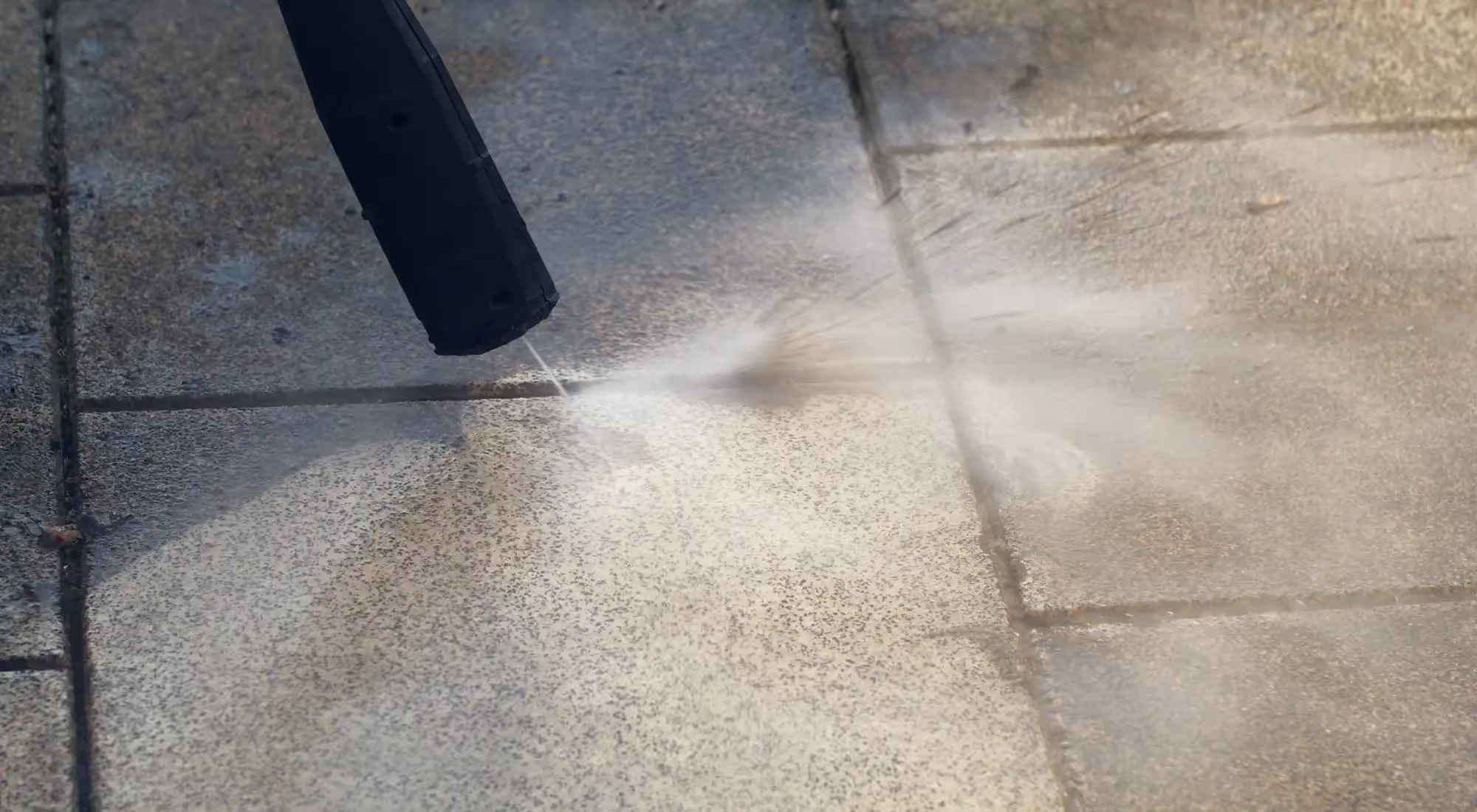
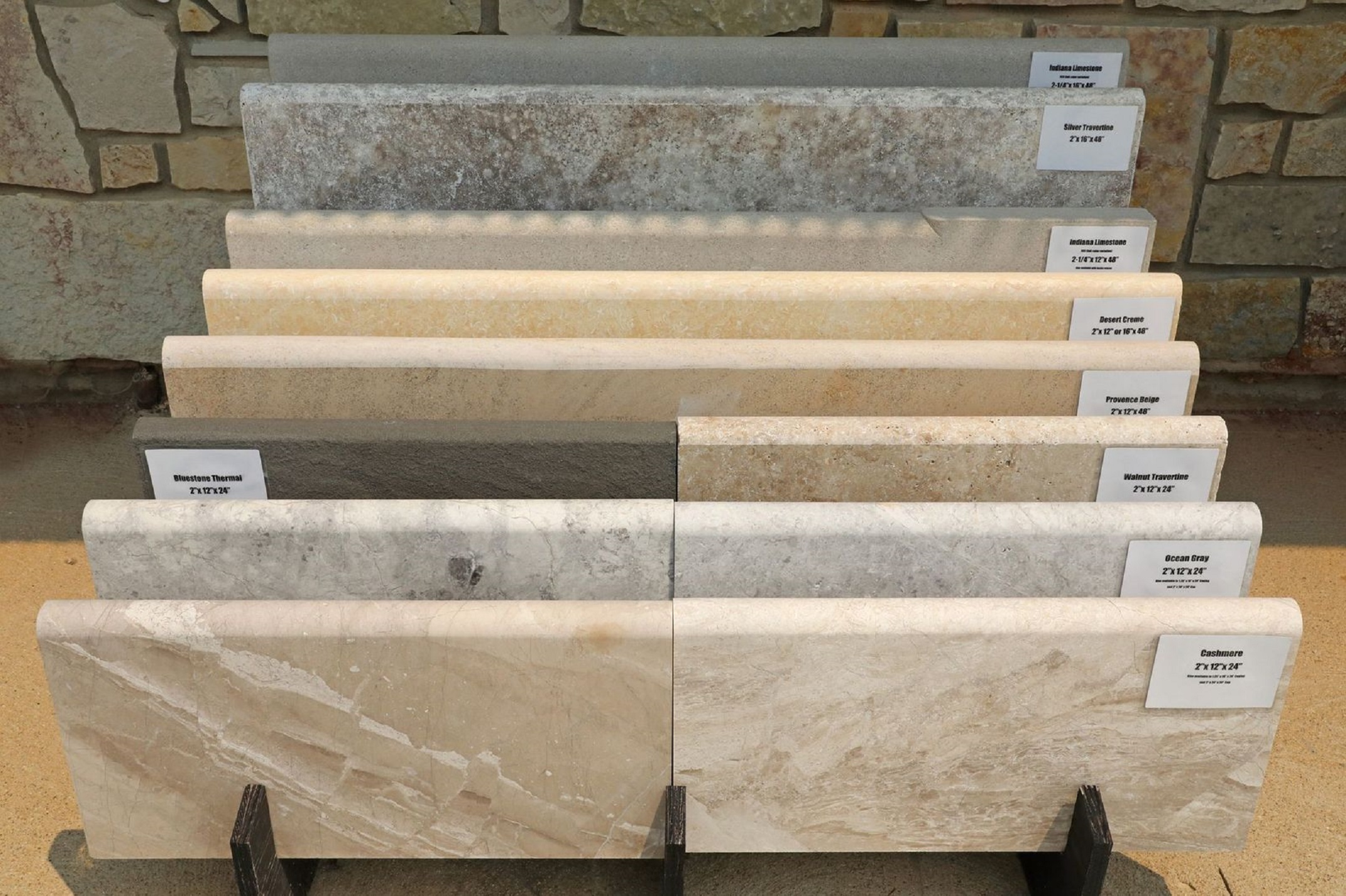
.avif)
%20(1)%20(1).avif)
.avif)
.avif)
.avif)
